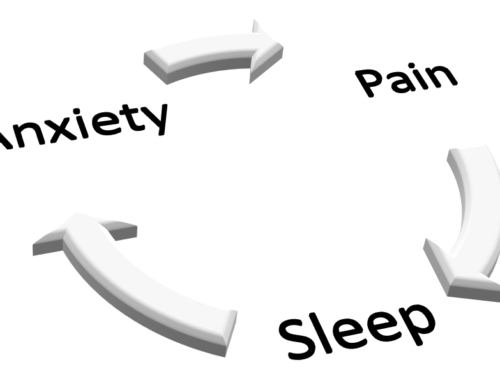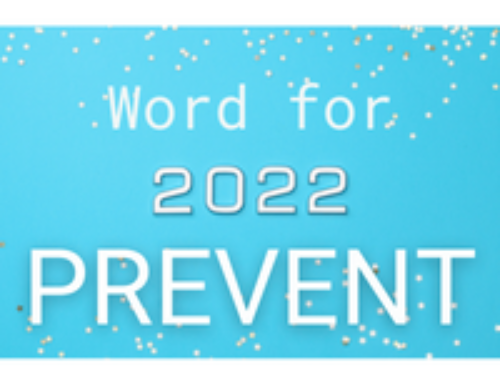You likely have medical insurance if you live in the United States. As of 2014, 90% of Americans did. When the 2015 data is released, that number is likely to go up a bit. It increased 2.9% from 2013 to 2014.
Does your insurance policy cover all that you want it to cover? Are all of the types of care you desire covered? Is your care ever delayed longer than anticipated due to insurance company authorization steps?
Our family just experienced this for the second time this year. It is very easy to get frustrated with insurance-related delays. Your doctor orders a test or procedure, and your insurance company takes time to authorize it.
There is a series of checks and balances between the healthcare system (doctors, clinics, hospitals, etc.), insurance companies, and lawyers. Sometimes it seems to tip, leaning more in one of these three directions, but each aspect is needed. Insurance provides you with coverage to maintain your health without losing all of your money due to an illness. It also provides checks and balances to assure cost-effective use of resources, such as procedures, surgeries, and devices. Lawyers help assure you have recourse if healthcare harms you rather than help you.
As a healthcare provider, I have seen numerous examples of excellent healthcare that has prevented or effectively treated a medical issue. I have seen unnecessary use of resources such as antibiotics or procedures. I have seen mistakes and the ramifications. I have seen heroic efforts by all involved to pull together, analyze mistakes, and create safety procedures to prevent such a mistake from happening again.
Is healthcare a right?
A question I annually ask students is whether healthcare is a right. It always leads to great discussion. If it is a right, then how should the system look that provides healthcare to the uninsured? Right now the emergency department (most cannot turn people away for lack of payment) is often the only source for uninsured people. That is a grotesquely expensive misuse of the specialized skills of emergency department personnel. But if you had no insurance, and your child was sick, what would you do? I know I would take my child to the emergency department if that were my only choice.
If it is not a right, then what should happen to uninsured people who are unable to access the healthcare system? Should we stand by and watch suffering and disease that could be treated? Could you walk down the street and just pass by someone suffering? (Do we already do that every day? If you live in Baltimore or another city of significant size, I know that you do.) It’s so easy to focus on ourselves and lose sight of those around us. I challenge you to get to know at least one uninsured person and hear his/her story. What should happen next time that person is injured in an accident or has trouble breathing due to asthma?
Is your medical insurance perfect?
I imaging your answer is ‘no.’ I know mine is far from perfect. But, I am so grateful to have insurance! I am grateful for the coverage I do have. Next week my daughter will get a sports physical to be sure she is healthy enough for her sport; my other daughter will be assessed for a nagging cough; my husband will see a surgeon to create a plan to treat his shoulder. All of these things are possible due to insurance. If all of that was out-of-pocket, my youngest would not play a sport, my middle child would continue to cough, and my husband would try to continue to function with one arm.
Perspective
Next weekend I leave on my first international medical mission trip. In the excellent materials I have been given to prepare, there is a statement that I will see more worms, scabies, and lice than I have seen in my entire career. Caring for the homeless of Baltimore, I have seen some of these things, but apparently not in the quantity I will see next week. How many times have you been treated for scabies, lice, or worms? Probably not many, if ever. We will also be caring for people with diabetes, hypertension, asthma, and the chronic conditions we treat in the affluent in the US. I am especially looking forward to analyzing the needs of a growing population over age 65.
I don’t claim to have the answers. But I do know there are several issues to be pondered. If you have ideas and opinions, please share them with me at www.medsmash.com/contact/.
For further application, check out my personal blog.






